Due to poor sales, Benz no longer uses the EQ name for electric cars
 JohnFeb 26, 2025, 04:57 PM
JohnFeb 26, 2025, 04:57 PM
[PCauto] Benz has recently made a major strategic decision regarding its electric vehicle business: it will no longer follow the “EQ” series naming convention.
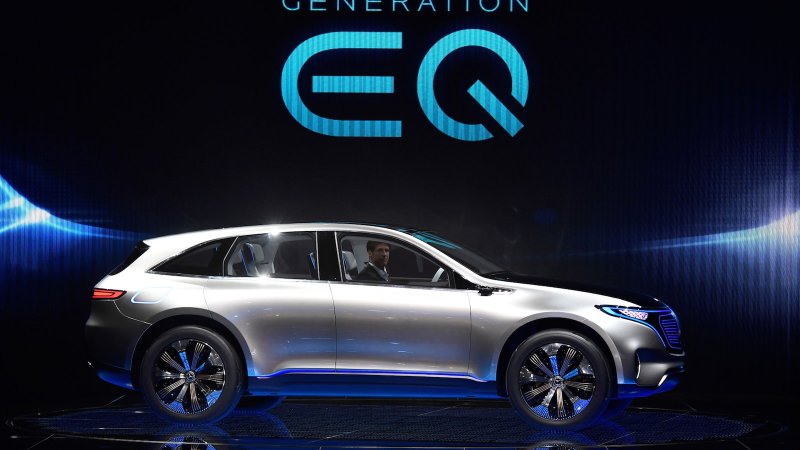
Benz once launched the “EQ” series with great ambition, aiming to carve out an exclusive niche for electric vehicles—distinguished by a distinctive approach in naming, design, and technology. The “EQ” prefix quickly communicated to consumers that a model was purely electric. In terms of design, EQS featured a closed grille and ultra-streamlined contours that evoked a futuristic, high-tech aura, while on the technology front, early models leaned heavily on converting gasoline vehicles to electric before Benz committed significant resources to developing a brand-new electric architecture.
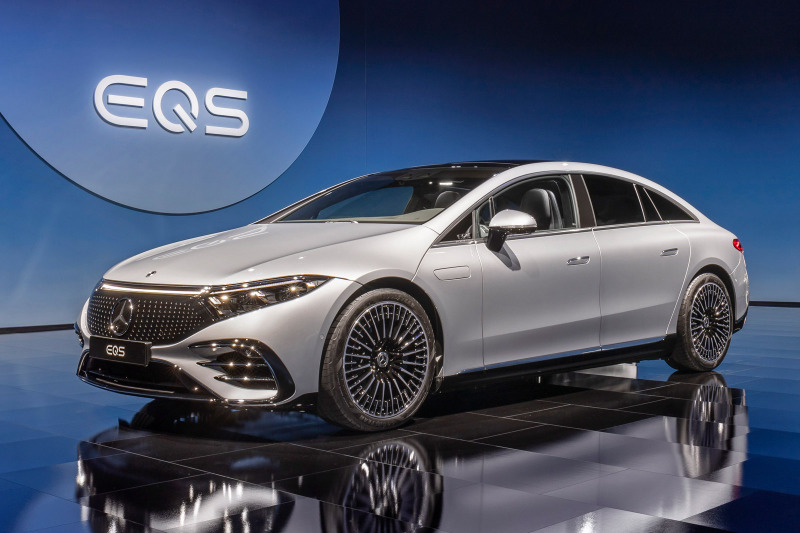
However, market feedback proved less than impressive. According to delivery data, 2024 turned out to be a harsh winter for the EQ series, with global deliveries totaling only 185,100 units—a steep 23% drop compared to the previous year. In China, the world’s largest new energy vehicle market, the EQ series experienced an especially tepid reception, with several models registering monthly sales of fewer than 1,000 units—a stark contrast to the robust performance of Benz’s traditional gasoline models.
A closer look at the issues reveals the pitfalls of the early “gasoline-to-electric” approach. Simply retrofitting a gasoline car’s architecture with an electric powertrain resulted in limited range, high energy consumption, and compromised interior space due to inefficient battery placement. For instance, EQC’s minimum ground clearance of 144mm not only hampered everyday drivability but also raised consumer concerns about battery safety. Combined with multiple recalls for electric motor coolant leakage between 2021 and 2022, Benz’s brand image suffered significantly.
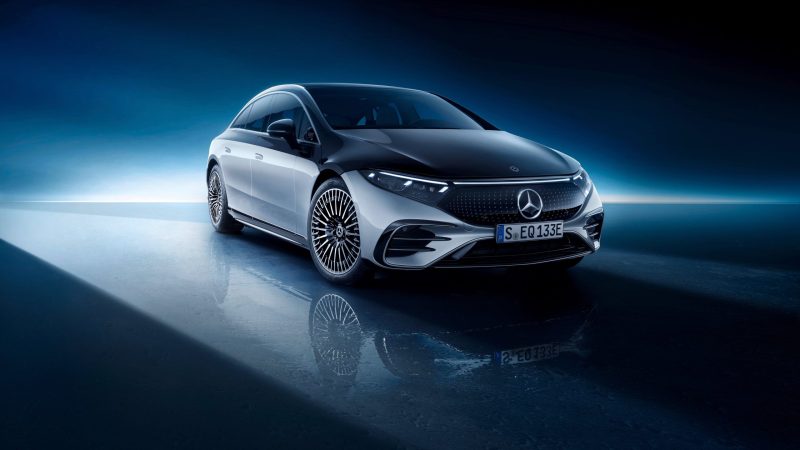
In terms of design, the EQ series also found itself in an awkward position. Its overly avant-garde and aggressive styling clashed with the timeless, refined image historically associated with Benz, while emerging EV consumers felt it fell short of genuine innovation.
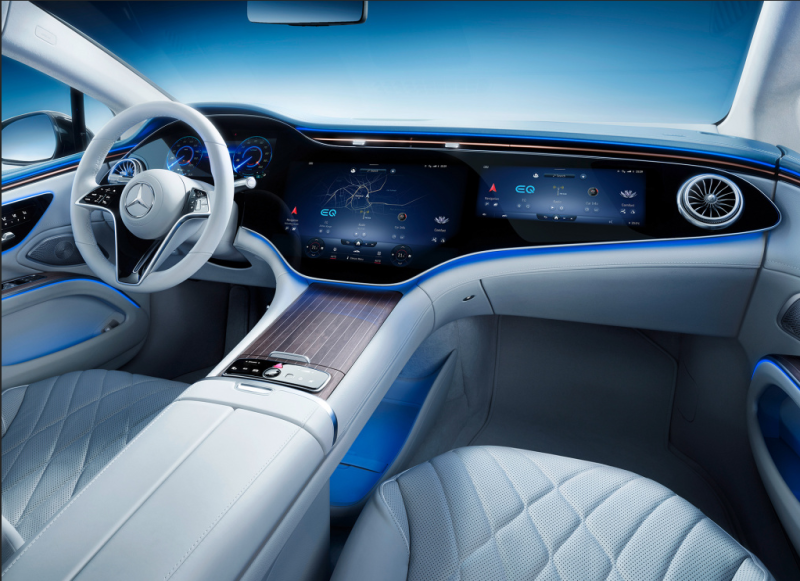
In response, Benz has decisively shifted its strategy. Under the new naming system, the upcoming pure-electric CLA will be designated as “CLA with EQ Technology” rather than carrying the standalone “EQ” name, and plug-in hybrid models will sport the “EQ Hybrid Technology” badge. This change de-emphasizes a separate brand identity in favor of highlighting technological integration. The design direction is also moving back towards mainstream aesthetics, with new electric models incorporating more classic elements from Benz’s gasoline lineup to ease the consumer transition. Technologically, Benz is advancing a strategy that leverages shared components—over 40%—between its MMA electric architecture and the MRA combustion platform, a move anticipated to reduce costs and enhance production efficiency.
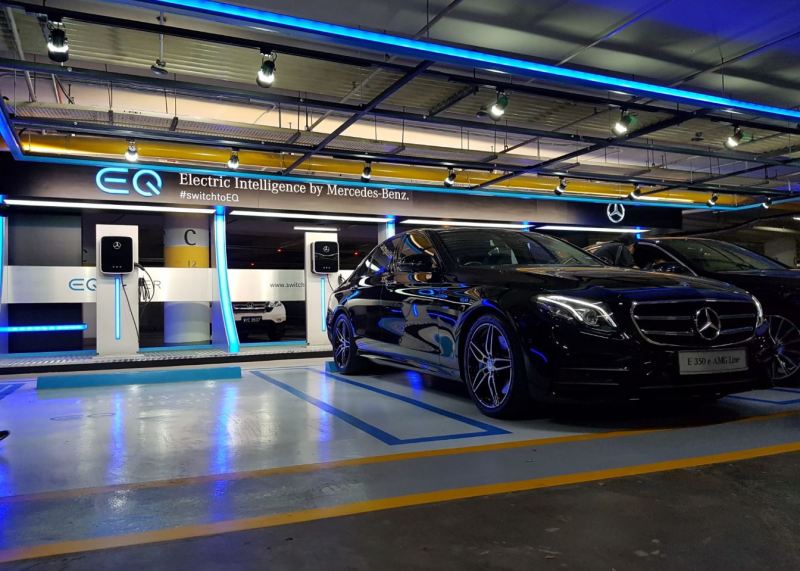
In the long run, this strategic realignment is poised to have far-reaching implications. Although consumers may require time to adjust to the new branding and image of Benz’s electric vehicles—and short-term sales fluctuations may be inevitable—the integration of brand resources, unified design, and harmonized technology is expected to help reestablish Benz as a symbol of “electric luxury.” With plans to launch 36 new models by 2027, including 17 electric vehicles, Benz’s dual-track strategy embracing both gasoline and electric power could well restore its competitive edge.
If any infringement occurs, please contact us for deletion
Trending News

Perodua Myvi and Bezza may undergo major upgrades in 2026
After the update, the Bezza will no longer be just a low-cost alternative but a core model in the Perodua system with greater market competitiveness and brand premium potential. The upgrade of the Myvi is not to be unconventional but to strengthen the brand and market, ensuring that the Myvi continues to maintain its irreplaceable position in the new round of product competition.

Perodua Traz VS Ativa, which one is more worth buying?
Traz, as a newly launched mid-sized SUV, offers more spacious room and mainstream power compared to small SUVs, but its pricing appears slightly higher than that of Ativa. Ativa, on the other hand, is Perodua's long-time best-selling small SUV with more affordable pricing and a balanced combination of power and tech features.

Will the Toyota Yaris Cross come to Malaysia? If it comes, how much will it sell for?
The launch of Perodua Traz indicates that the market size of small SUVs in Malaysia has been expanding in recent years. However, the question naturally shifts back to Toyota. As a brand with the most comprehensive product line and a strong foundation in both the SUV and hybrid sectors, will Toyota choose the Yaris Cross to participate in this small SUV competition?

Perodua Traz VS Toyota Yaris Cross, where does the Traz fall short?
Before the official launch of the Perodua Traz, market expectations were actually very high because it shares the same DNGA platform as the Toyota Yaris Cross. However, sharing the same platform does not equate to the same experience, and the Traz's final performance has indeed been disappointing. Perhaps it is precisely because of the delayed launch that it has almost no competitiveness in the current competitive environment.

Perodua Traz 2025:Spec, Price and Features
Perodua Traz has been officially launched in Malaysia. It is a B-segment five-seater SUV built on the DNGA platform. Compared to the Yaris Cross, which emphasizes brand and quality, the Traz comes with a localized rate of about 95%, offering a more friendly price and practical features.
Popular Cars
Model Year
Car Compare
Car Photo

